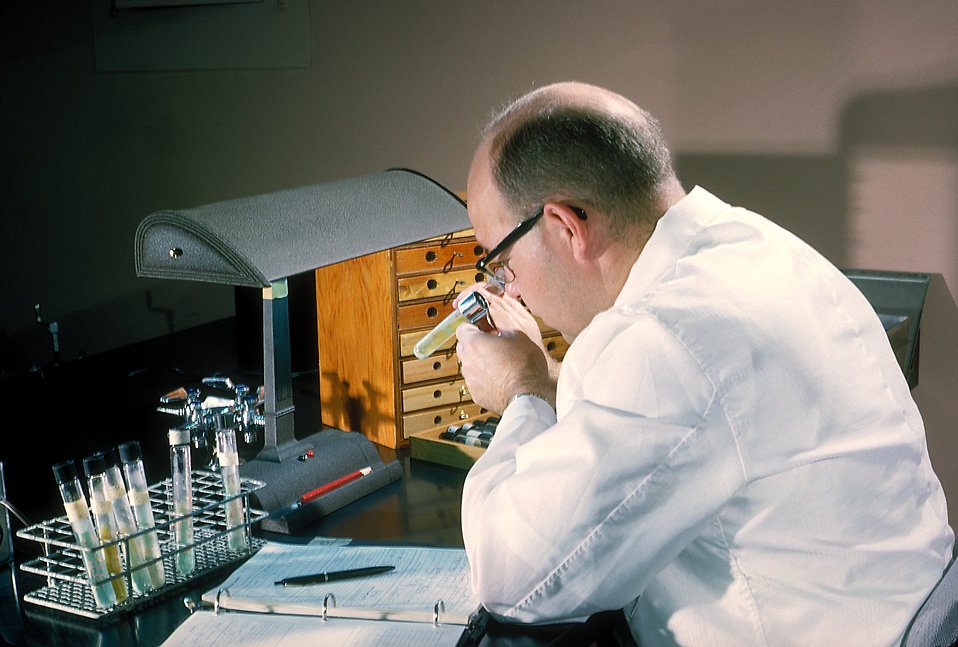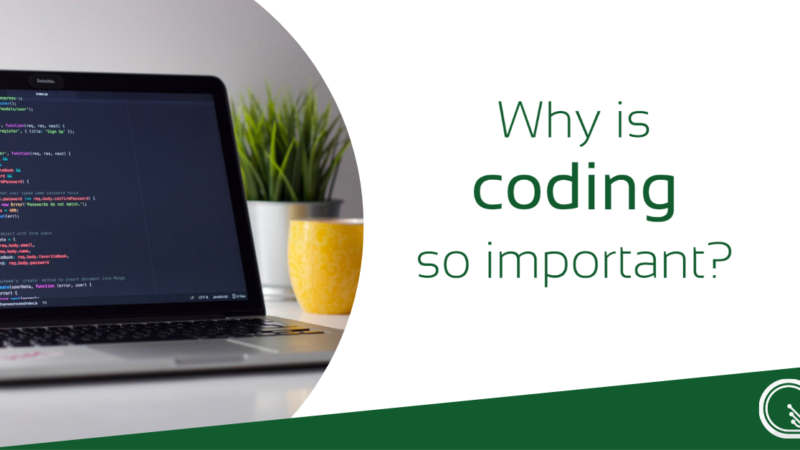What Medical School Admissions Committees are Looking for – 6 Qualities You Need to Develop

If you want to pursue a medical career and planning to apply to an accredited medical university, it is important to develop diverse qualities to become a competitive applicant. Medical schools place great emphasis on choosing well-rounded students who are intellectual enough and emotionally capable to deal with the academic, clinical and extracurricular activities in order to stay ahead of the medical school game.
If you have successfully submitted your medical school application, or in a phase of writing a personal statement or an undergraduate student who is planning to attend a medical university, here are some qualities you need to develop in order to get into the best medical school.
Communication Skills
Before applying to a Caribbean medical school, applicants are advised to hone their communication skills. Medical school admissions committees value students who have strong communication skills and have the ability to effectively adapt language appropriately according to the situation. Being a doctor, you are required to effectively communicate with the patients, physicians, nurses, technicians and administrative staff to provide excellent medical care.
Writing, verbal and listening skills are the most important skills every medical student should have. Having strong communication skills will not only enable you to effectively interact with patients but also allow you to give directions and follow instructions. Furthermore, having strong oral presentation skills will better prepare you for clinical years and residency training.
Critical Thinking Skills
No matter which medical specialty you will choose, critical thinking is a crucial cognitive skill for every medical student as it enables them to use logical reasoning and inferences based on their knowledge and experience. Being a physician, you will see a number of patients with complex medical conditions. You need to devise an effective treatment plan according to the particular condition of the patient by using your medical knowledge and deductive reasoning.
Many undergraduate courses such as humanities and other science courses can hone your critical thinking skills. Effective critical thinking skills can help you avoid any medical error, come up with better options for diagnosis and treatment, boost confidence, and make effective clinical decisions.
Teamwork
Whether you are starting your first year of medical school, pursing clinical sciences program, residency training or internship, you will find that life in the hospital is all about teamwork. If you want to become an excellent healthcare professional, it is important to develop teamwork skill as it creates a positive impact on patients’ safety and results. Building teamwork skills are essential for medical students as working together for a common cause can increase their confidence and deliver the best possible results. Working together with others to achieve shared goals will increase the overall team’s productivity, reduce medical errors, and help you become a better physician.
Resilience and Adaptability
In order to pursue a successful career in the medical field, it is important to fulfill all the obligations in a timely and satisfactory manner. Resilience is an emotional competence that future medical students should acquire to become a professional and compassionate doctor. Developing personal and professional resilience will help students to effectively deal with the challenging and painful parts of medicine such as breaking bad news, combat the pressure of postgraduate exams and take important decisions in their life. Developing and maintaining resilience is important for a physician to provide effective patient care, maintain work-life balance and avoid burnout.
Social Skills
Many medical schools are looking for candidates with strong social skills who can better communicate with others and work well with others in the team. Strong social abilities will help aspiring medics to network and communicate with others with confidence. Mastering interpersonal skills will lead to successful collaboration and enable you to stay calm and work well with a variety of people you will encounter in the medical field.
Ability to Work Under Pressure
Medicine is tough. When it comes to preparing for USMLE Step 1 or 2, trying to diagnose a complex disease, or creating an effective treatment plan, you have to stay motivated and keep pushing yourself even in the most challenging situations. The journey to become an efficient physician is a long road, you need to deal with stress that you have at medical school and develop the ability to perform under pressure.
Final Thoughts
There is no denying the fact that getting into a top Caribbean medical school is no easy feat. Medical schools require students that are not intellectually smart but have all the core competencies required to become a great physician. Besides securing stellar grades, doing volunteer work, and performing well in MCAT exam, it is important to develop all these skills, as it will help medical school hopefuls to secure a place in their dream university. Many medical schools look for the above-cited qualities in prospective students, developing these competencies will make you a successful candidate and eventually help you become an excellent doctor.






